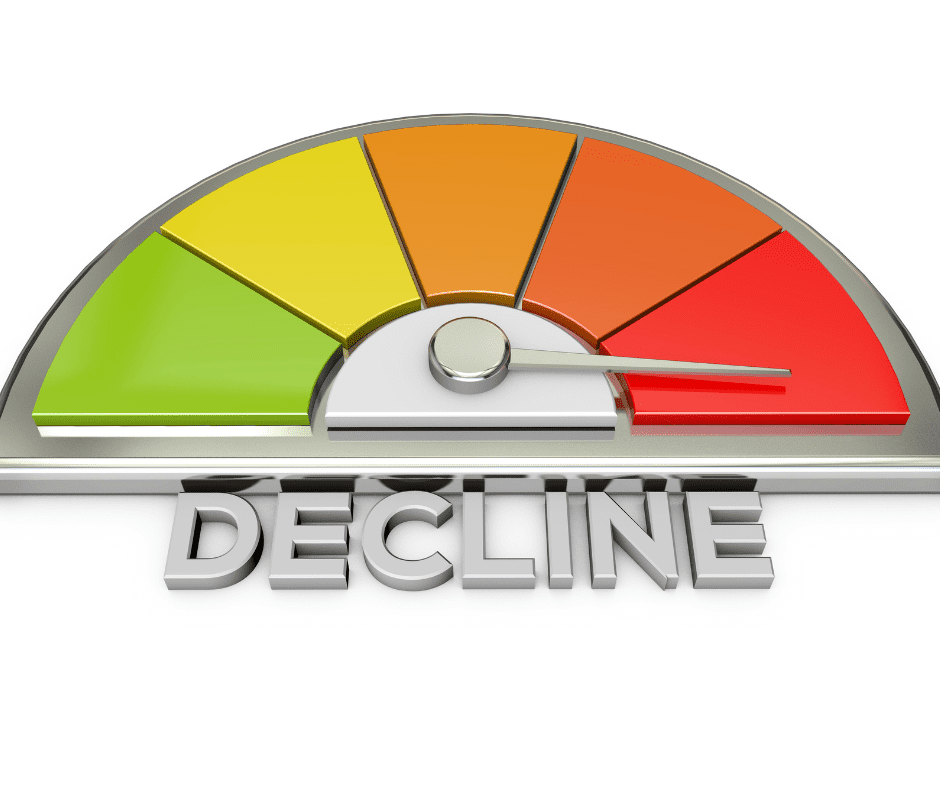
Welcome to Part 3 of dealing with aging parents. In this article, I am going to talk about all things medical.
If you haven’t already done so, be sure to check out Part 1 Money and Part 2 Home/Stuff. Both of these articles have great tips for dealing with aging parents with regard to money and their home.
If you are reading this article then you are already seeing a decline in your parent’s health.
This can look different for so many people. I’m going to give you tips on how to handle all things medical with your parents.
Disclaimer: I am not a medical professional. I am going to share how my brother and I have tackled all things that have to deal with my parent’s medical issues. These are personal experiences, but everyone can learn something to help them in their situation.
Be sure to remember that there are 3 categories to dealing with aging parents:
- Money
- Home/Stuff
- Medical
I feel like it is best to break it down into these categories. In my own situation, I have handled all things that deal with my parent’s finances. While my brother has been handling all things medical. We have chosen to tackle their home and stuff together.
I am thankful that I have a support system in this difficult time. And remember, everyone’s situation is unique. This is very stressful, and everyone handles these things differently.
I also need to note that medical situations can look different for everyone. There are so many things to be on the lookout for.
Dealing with aging parents can present medical challenges in 2 categories:
- Mental
- Physical
In my situation, my parents are both in medical decline. My father has been dealing with memory issues for years. It has been a slow progression.
My mother started to show physical decline during the pandemic. This was very hard to assess as we avoided contact with them as much as possible. We all know that they were a vulnerable class during the pandemic. This made the situation much more difficult.
After 2 years my mother started taking falls and we made the journey to assisted living. She has a rare form of Parkinson and assisted living was our best option. My father is on a mental decline and will be joining my mother as soon as a larger apartment is available.
So what do you need to look for?
Signs of Decline

My journey with dealing with aging parents started a few years back with my father’s memory issues. At the time, they weren’t a big deal.
Our family history shows Dementia and Alzheimer’s. We knew it was a possibility.
Mental Decline:
- Memory Loss
- Getting Lost Driving (especially with familial places)
- Agitation
- Sleep Impairment
- Difficulty with Everyday Tasks
- Change in Appetite
These are just some of the signs of mental decline. There are many signs of dementia to look for. It may be difficult to spot these if you do not spend a lot of time with your parents.
This was the case for us during the pandemic. It was very hard to assess what was going on in their house.
Physical Decline:
- Weight Loss
- Muscle Loss
- Bruises
- Falls
- Bad Hygiene
- Speech Impediment
These are some of the many ways that a physical decline will show up. We were aware of some of the falls…but not all of them.
We noticed bruises. We also noticed rapid weight loss. This was most likely due to not getting exercise. The speech impediment is what got us to a neurologist.
This is where we received the diagnosis as a rare form of Parkinson’s. Also known as PSP.
Once you are made aware of these problems, it is time to come up with a game plan. A way to deal with these issues. How do you want to care for your aging parents?
Care Plan

In my situation, we had to come up with a care plan for both a physical and mental decline.
Some of the ways we dealt with the physical decline at first was a life alert system. This gave us piece-of-mind…for a bit.
“I’ve fallen and I can’t get up”
This is funny on television when you are a kid, but not when you are an adult.
We used this temporarily until there were so many falls, that we couldn’t go on this way.
Our next move was in-home health care. This was also a temporary fix…and a very expensive one.
Our in-home care would make sure that my mother did not fall. They helped with hygiene, prescription management, and meal prep. The meal prep was also helpful for my father. This was another way to make sure that he ate everyday.
In theory, this was great, but in the end, we chose assisted living. Assisted living could provide a better lifestyle.
Their home had too many hazards. The doorways were not equipped for a wheelchair. The home had stairs, which are a huge hazard. The bathrooms weren’t handicapped accessible.
We found a great senior advisor, who was able to find the right assisted living facility for my mother. Hiring a senior advisor is like hiring a realtor. They knew all the right questions to ask and found a great home for my parents.
We are currently on a waiting list for a larger unit for my father…which hopefully will happen very soon.
Medical Advocate

In our journey of dealing with aging parents, we also needed a medical advocate. This was my brother. He lives close to them.
He was in charge of keeping track of all things medical.
This included keeping a laminated list of medications. This is very helpful when you end up in the emergency room.
He was also in charge of all her ailments. It is very helpful to know if someone is prone to UTI’s. This is very common in the elderly. It is often overlooked.
You will also need a medical derivative. This is a legal document for someone to make medical decisions for you. We had this done when we prepared a will.
No one wants to make these decisions, but the time will come.
I hope that you have found this article helpful in your journey of dealing with aging parents.
Know that you are not alone. This is very stressful.
Try and look for ways to deal with the stress. It’s great to have a support system.
Everyone’s situation will be unique, but I hope that some of these tips will help you in your journey.







